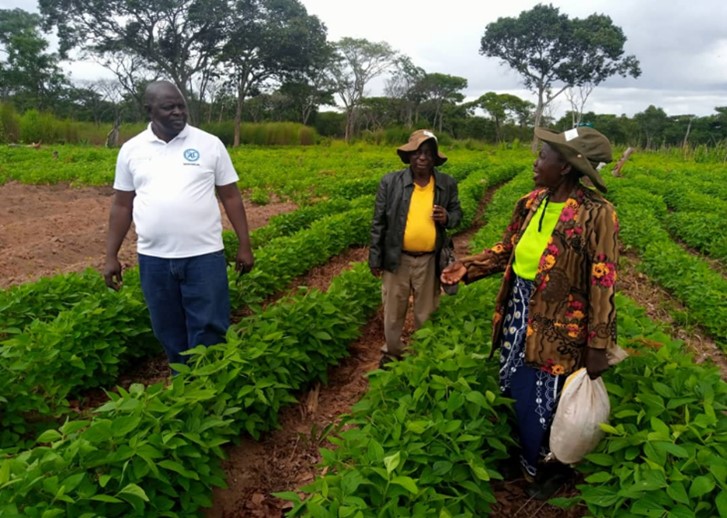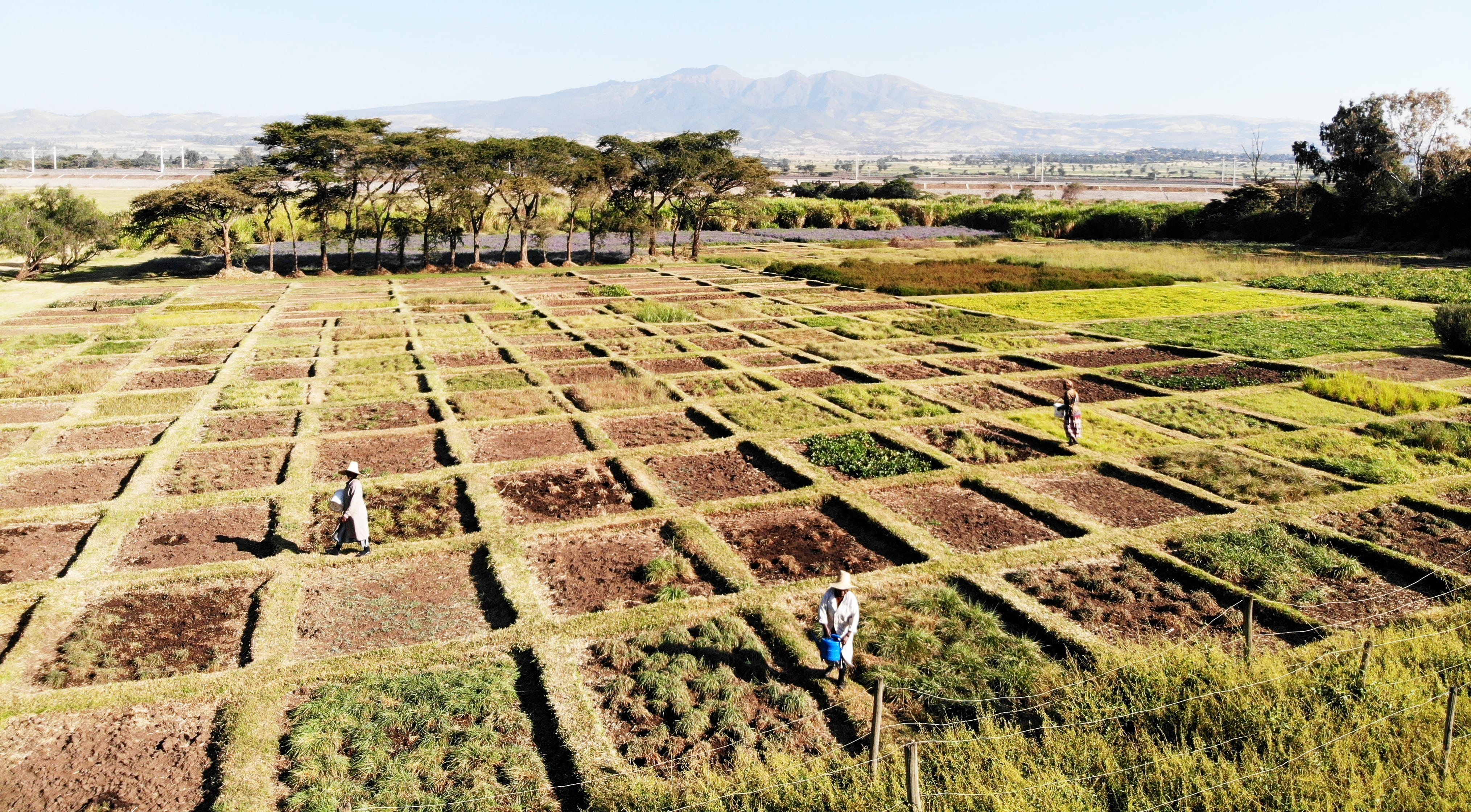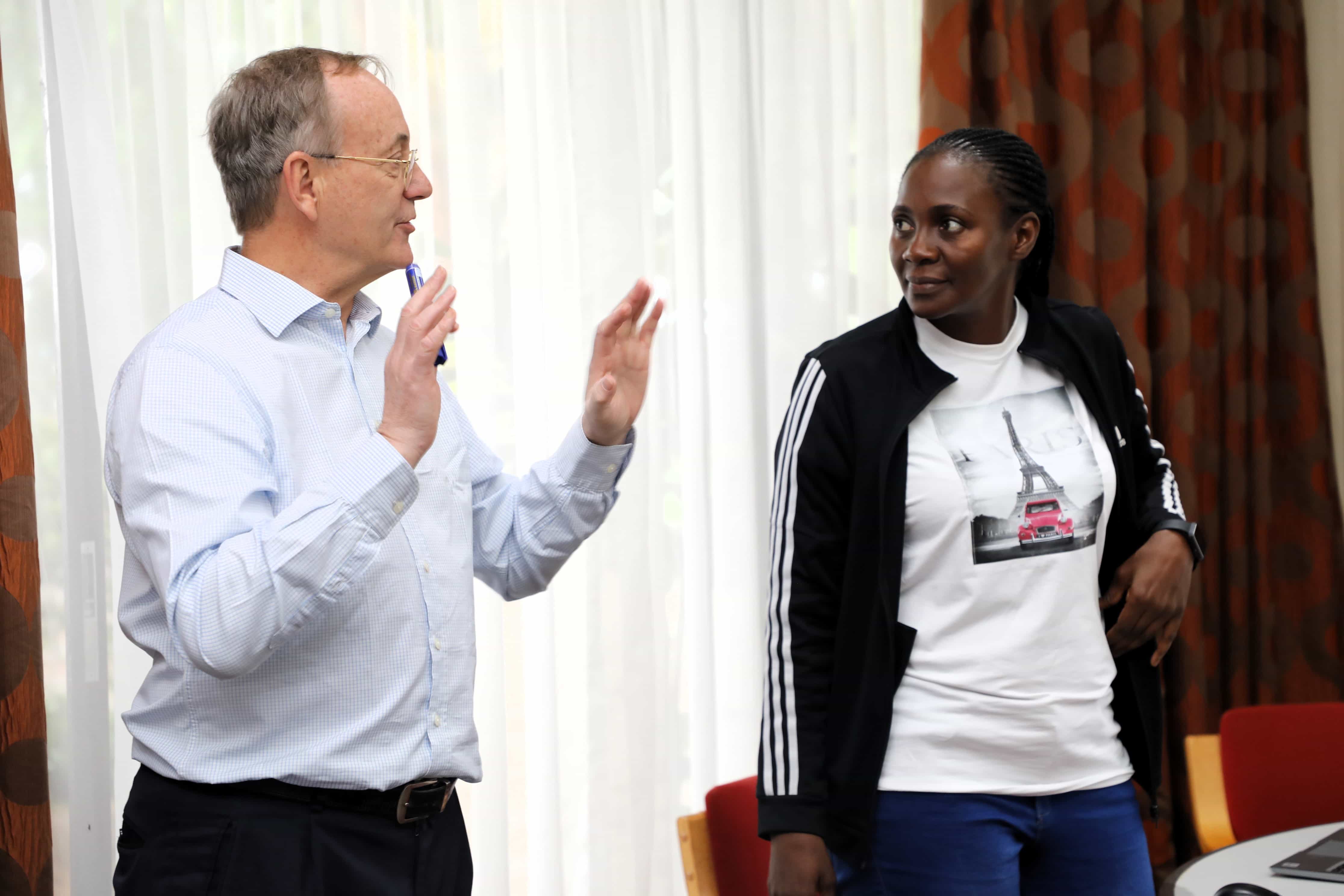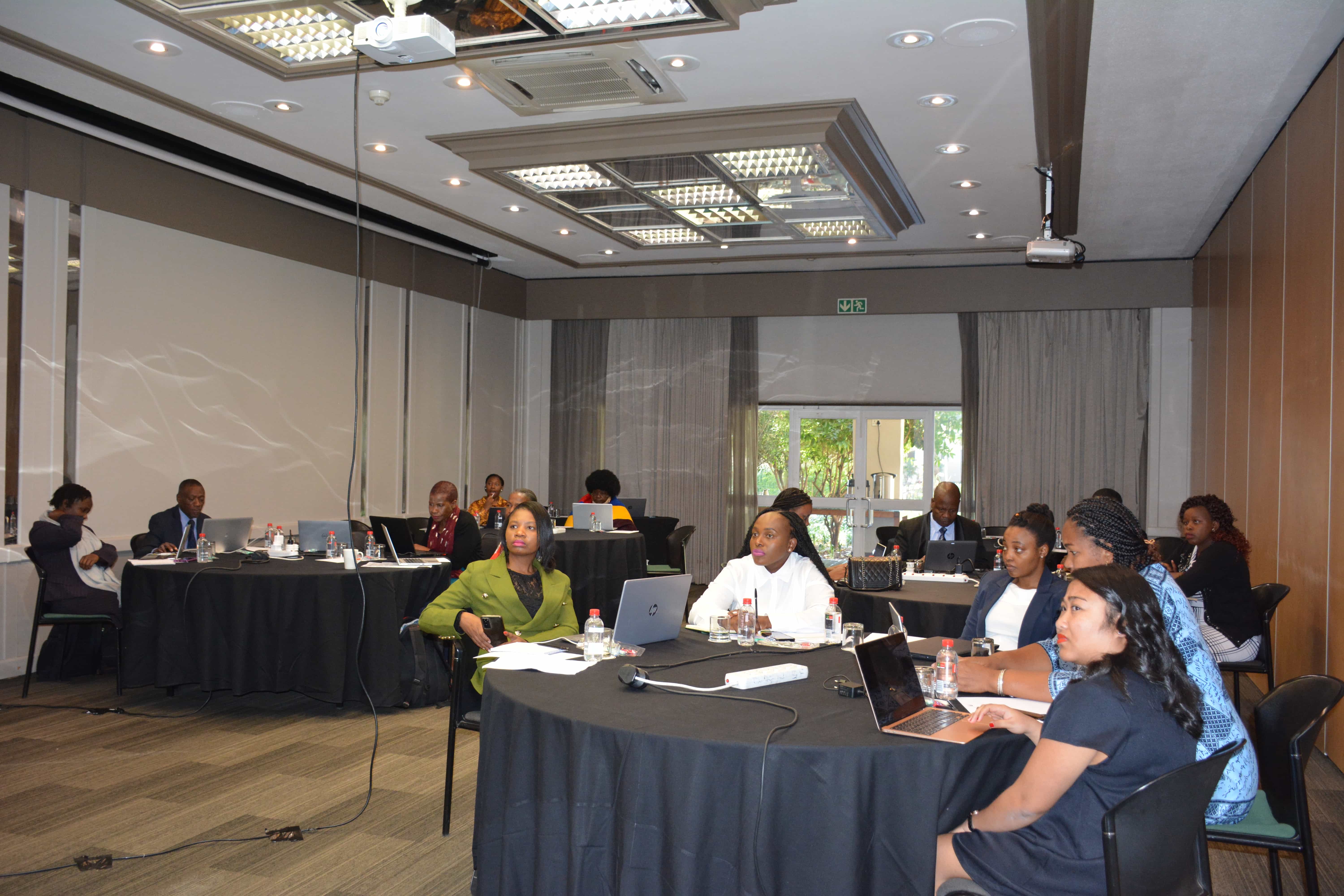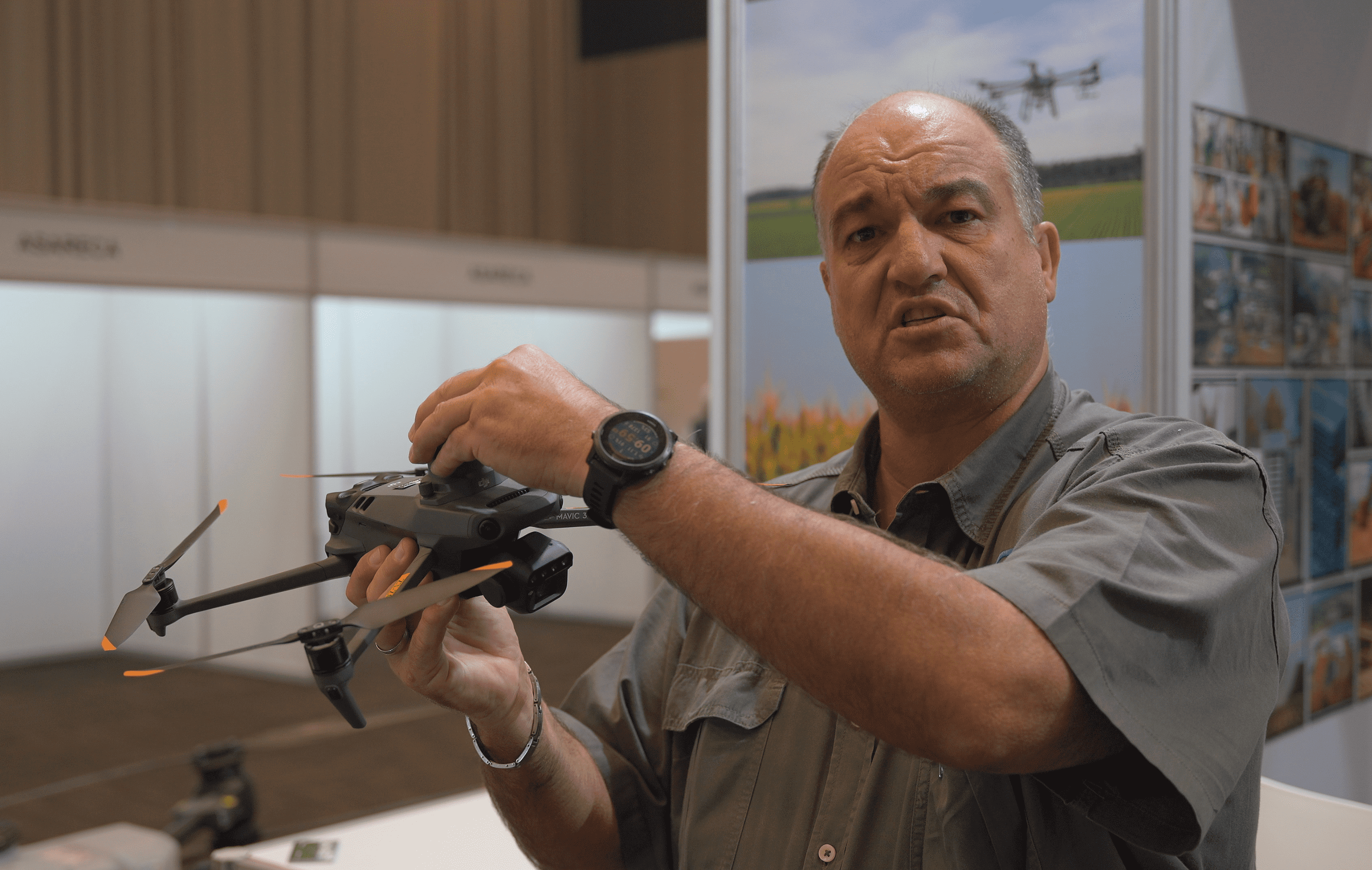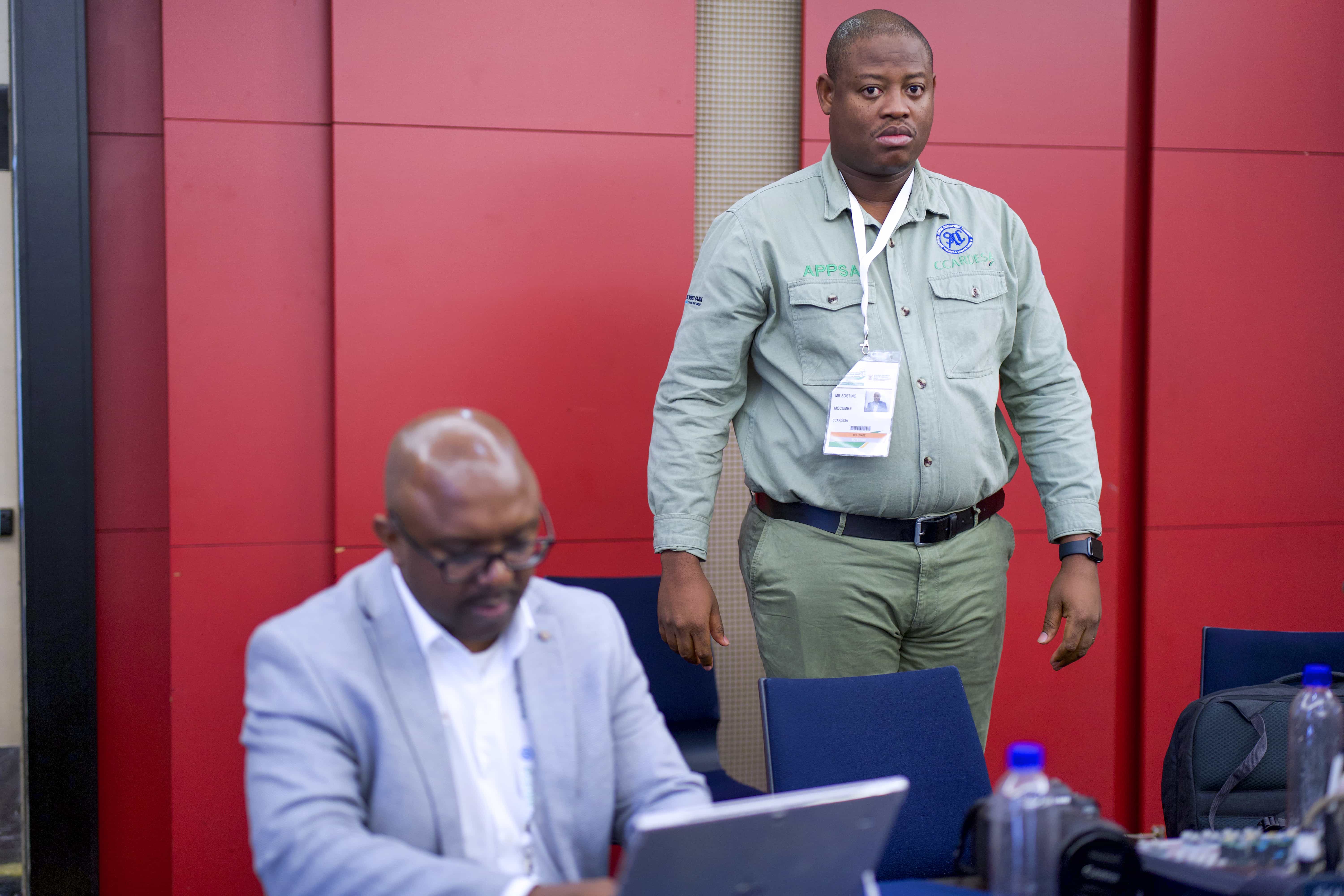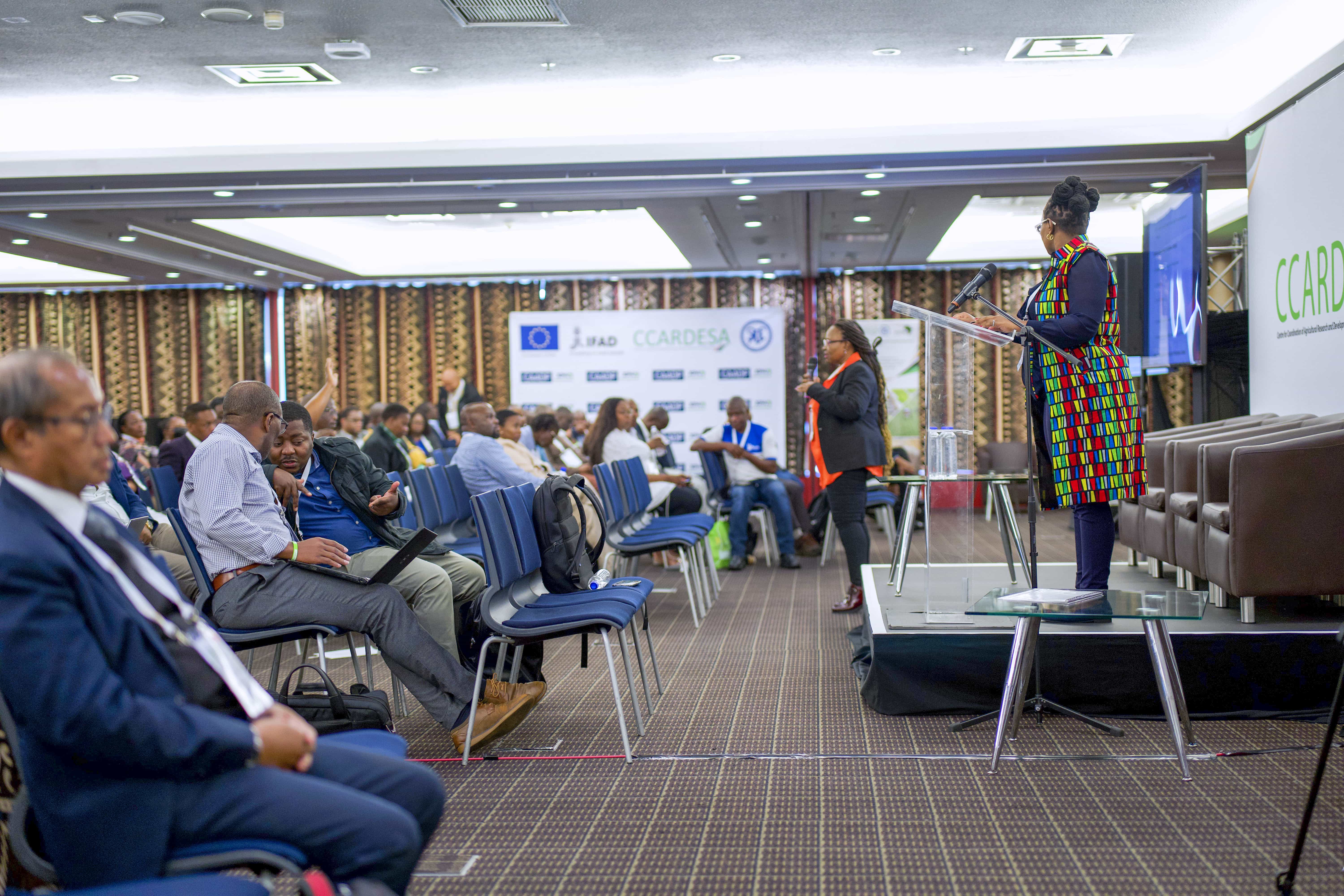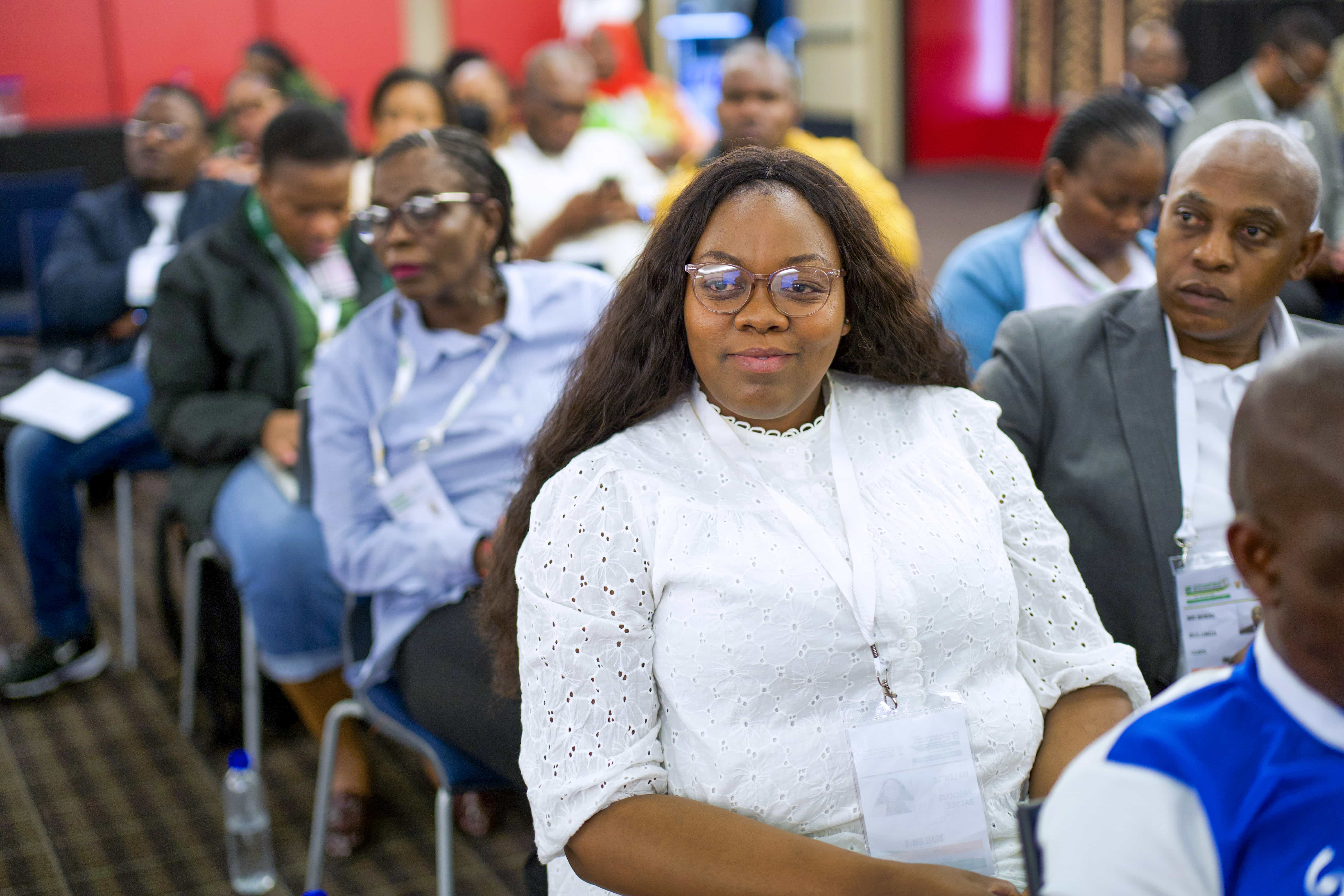Harnessing the potential of diverse intensification pathways for Food and Nutrition Security and Sustainable Agriculture - Outline for a long-term EU-Africa Research and Innovation Partnership
The PROIntensAfrica project demonstrates the potential of the diversity of pathways for sustainable intensification in agri-food systems. It identifies future challenges for science and innovation to address. It documentates the salient characteristics of a successfull bi-continental research and innovation partnership, and drafts an outline for such partnerships.
Food Security
Nutrition
Sustainable Agriculture
EU
Africa
Research
Innovation
Partnership
Wigboldus, S. 2017. Harnessing the potential of diverse intensification pathways for Food and Nutrition Security and Sustainable Agriculture - Outline for a long-term EU-Africa Research and Innovation Partnership, PROIntenseAfrica, EU


